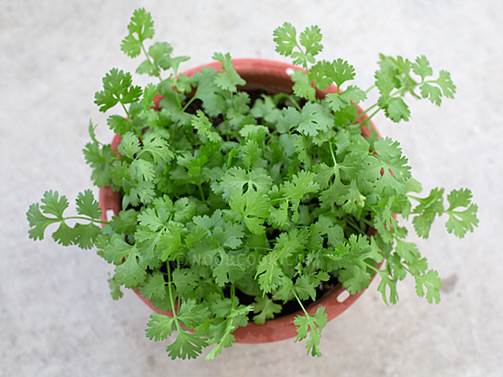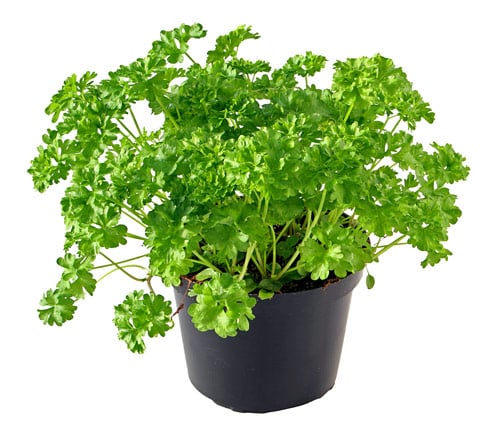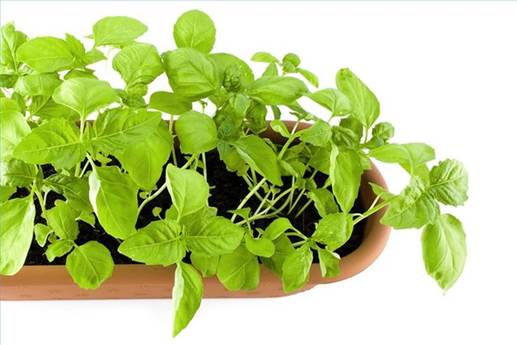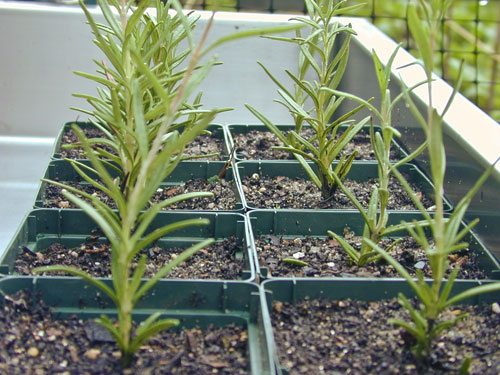The energy amplifier
Coriander contains a huge range of vitamins
and minerals, including B vitamins thiamine, riboflavin and folate, which help
give us energy. Add in iron, which makes haemoglobin to carry oxygen around the
body, and you have a general tonic effect.

Coriander
is believed to have antihistamine and anti-inflammatory properties, meaning it
may reduce symptoms of eczema and hay fever.
Coriander is also believed to reduce both
cholesterol and blood pressure, but is best known for its antibacterial and
antifungal effect. If you have had an upset tummy, it could help. Coriander is
believed to have antihistamine and anti-inflammatory properties, meaning it may
reduce symptoms of eczema and hay fever.
How to use it: Coriander makes a great
addition to a stir-fry or stirred into a curry at the end. It’s notoriously
tricky to grow so buying it ready-cut is a safe option.
The immune booster
Parsley contains more vitamin C, gram for
gram, than most citrus fruits, so it’s a great way to charge your immunity. Two
tablespoons of fresh, chopped parsley also contains 150 per cent of your RDA of
vitamin K, which is important for bone health. It’s also a source of both
vitamin A and folate. The latter is especially important for pregnant women or
those who are trying for a baby, as it’s been shown to reduce the incidence of
Spina bifida in babies.

Parsley
contains more vitamin C, gram for gram, than most citrus fruits, so it’s a
great way to charge your immunity.
Parsley is a diuretic, helping to combat
annoying bloating and water retention. It’s also a known anti-inflammatory
agent, used in traditional medicine as a remedy for rheumatoid arthritis
Symptoms.
How to use Parsley tea can taste a big
‘grassy’, so the fresh herb is best added to soups and sauces. Combined with
bulgur wheat, it’s one of the dominant flavors in Middle Eastern tabbouleh.
The anti-ager
Basil is packed full of flavonoids, which
have been shown to protect cells from Chromosoma damage. The two key flavonoids
in basil are Orientin and vicenin, and both have been shown to reduce cell
damage from radiation and free radicals as well as protect the skin from the
sun Basil also contains iron for energy and healthy blood, and magnesium, which
is a good muscle relaxant. Traditionally, basil has been used to treat colds
and fevers, stomach pains (because of its anti-spasmodic effect) and
flatulence.

Basil
is packed full of flavonoids, which have been shown to protect cells from
Chromosoma damage.
How to use it: Basil can be used in savory
soups and sauces - and, of course, it’s the key ingredient in pesto! It also
works well torn and sprinkled over salads or fresh strawberries.
The digestion soother
Traditionally served after meals, Mint can
help to break down fat, and is thought to improve your digestion. Chewing on
the leaves or making a tea also releases the decongestant menthol, making it a
natural remedy for a stuffy nose. It can also help relieve nausea and
headaches.

Traditionally
served after meals, Mint can help to break down fat, and is thought to improve
your digestion.
Mint is high in vitamin C (important for
proper brain function and healthy skin), vitamin A (a potent antioxidant), and
manganese. These also help with the metabolism of fat and protein, another
reason mint is such an effective digestive.
How to use it: Make a tea by steeping some
fresh mint leaves in boiling water or chop the leaves and stir into fresh peas
or a salad. Mix the leaves with yoghurt and chopped cucumber to make an Indian
Raita.
The cancer fighter
Several studies have shown that consuming
Rosemary can reduce the risk of breast cancer by blocking some of the damaging
effects of Oestrogen in the body. This makes it a particularly useful herb for
those who have a family history of breast cancer.
Rosemary boasts a long list of vitamins and
minerals, including vitamin E, which is important for skin healing, and two
phenolics - caffeic acid and rosmarinic acid. These are both anti-inflammatory,
so may help to ease inflammatory conditions such as arthritis and asthma.
Rosemary also has a strong antibacterial effect that has long made this pungent
herb a remedy for a nasty sore throat.

This
makes it a particularly useful herb for those who have a family history of
breast cancer.
How to use it: Rosemary goes really well
with meat, especially with lamb, where it has a semi-preservative effect. The
natural oils also aid the digestion of saturated fats. It’s a hardy plant and
will grow well in a pot. Avoid cutting whole branches and instead pinch off
leaves from the top.